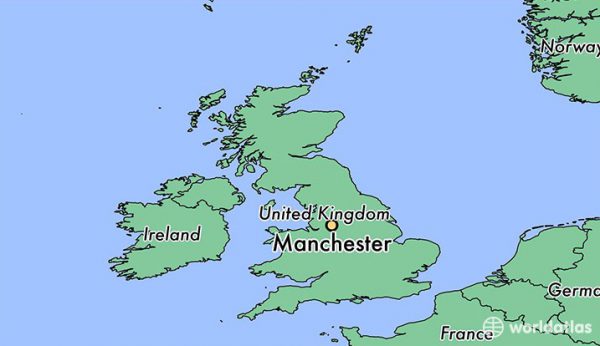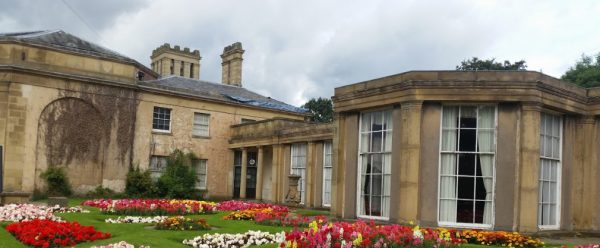Manchester
Manchester is a city within the metropolitan borough of Greater Manchester, England. It is the seventh biggest city in England with a population of 520,739 in 2016. To the south of Manchester lie the Cheshire Plain whilst the Pennines lie to the north and east.
-
Population
The City of Manchester is more multicultural than any other district in the Greater Manchester area. Rusholme, Cheetham Hill, Moss Side and Longsight are centres for ethnic minority populations and Manchester’s Chinatown houses the third-largest Chinese population in Europe.
Manchester has the largest Jewish population in Britain outside of London, a growing Muslim community and a falling number of people following the Christian religion and a rising number of those who report having no religious affiliation.
In the UK, the national average of people in a same-sex civil partnership is 0.16%. In Manchester the figure is 0.23%.

-
Climate
Manchester’s climate is like much of the British Isles, having mild summers where temperatures can reach 25 Celsius in July and August and cool winters where temperatures rarely fall below freezing. Rainfall is slightly below the UK average at 80.66cm per annum over 140 days, compared to 112.50 cm over 154 days.

-
Entertainment
Manchester if famous for its music. Many artists and bands come from Manchester and Madchester. Some of the most popular bands to emerge from the Manchester music scene include Oasis, Simply Red, Take That, The Smiths, Godley & Creme, Joy Division, The Charlatans, Buzzcocks, M People, The Fall, 10cc, The Verve, Elbow, Doves, and The 1975.
In the 1960s, Manchester’s most famous acts included The Hollies, Herman's Hermits, and Davy Jones of the Monkees, plus the earlier Bee Gees, who grew up in Chorlton.
Manchester was credited as the main driving force behind British indie music in the 1980s, lead by The Smiths. This grew into what became as the ‘Madchester’ scene in which artists merged alt rock with acid-house and other cultural sources, including psychedelia (particularly influenced by the drug MDMA, also known as ecstasy) and 1960s pop. This was mostly centred around the colourful Haçienda nightclub, and included the bands The Stone Roses, Inspiral Carpets and Happy Mondays.
The Manchester Arena is the main entertainment venue in the area and is the largest indoor arena in Europe with over 21,000 seats. It is the busiest indoor arena in the world, beating Madison Square Garden in New York and The O2 Arena in London. Other major venues in the area include the Manchester Apollo, Albert Hall and the Manchester Academy, though there are several smaller venues.
Manchester has two symphony orchestras, the Hallé and the BBC Philharmonic. There is also the Manchester Camerata chamber orchestra. Manchester’s Royal Northern College of Music is a centre of excellence with regular concerts at the Free Trade Hall and the 2,500 seat Bridgewater Hall.
Brass band music is another significant and important part of Manchester's musical heritage and there is an annual Whit Friday brass band contest that takes place in neighbouring Saddleworth and Tameside.